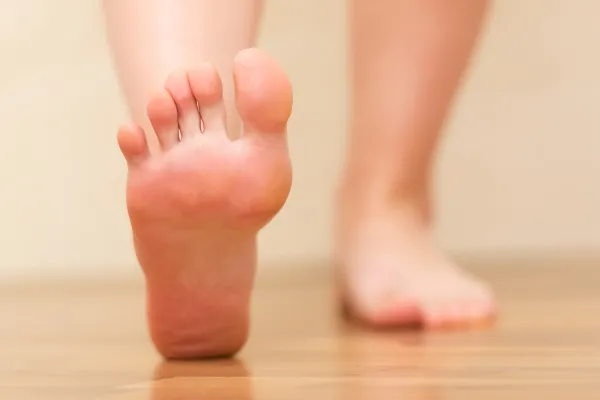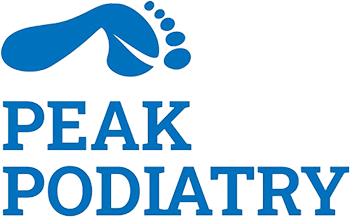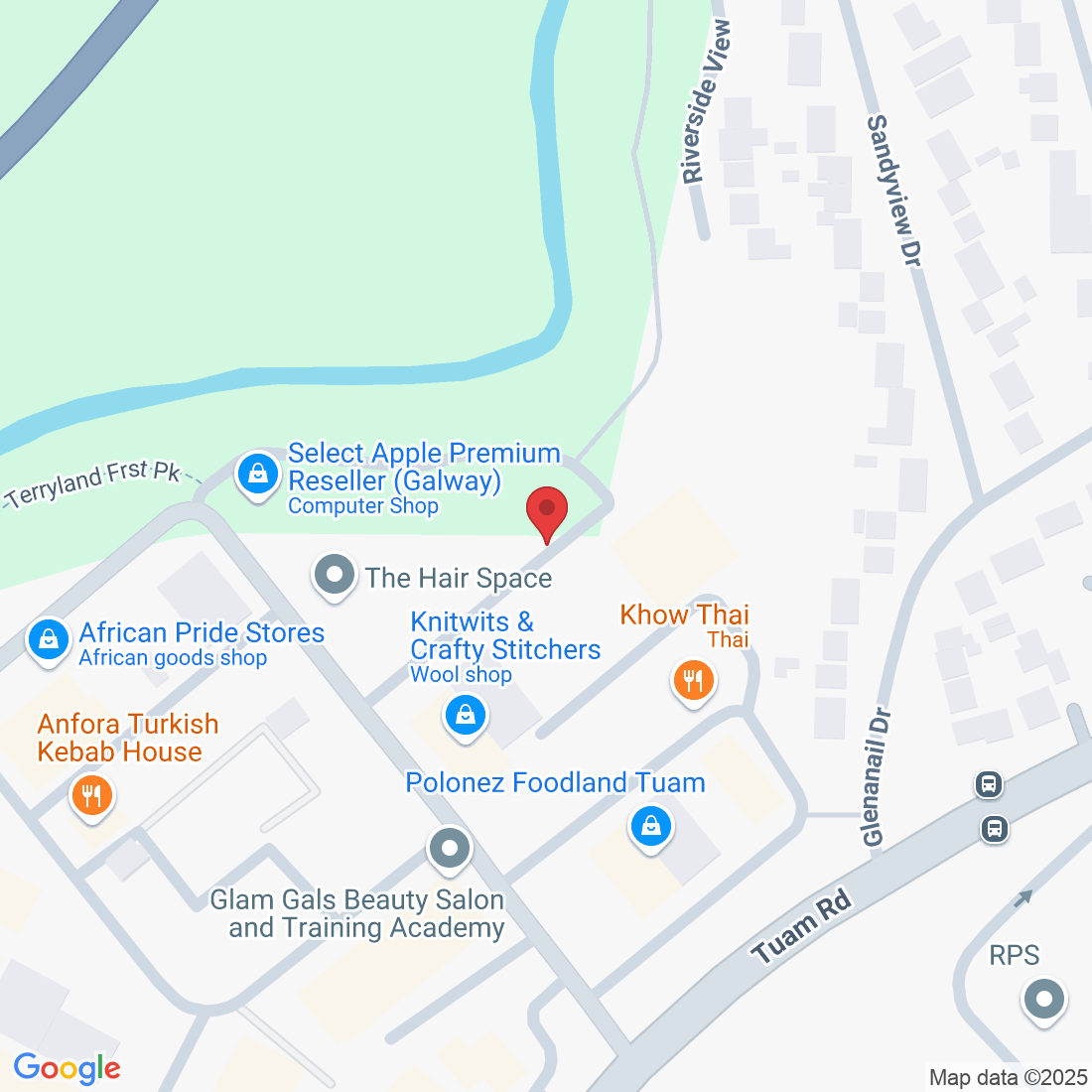
Peripheral Arterial Disease and Your Feet: What You Need to Know
Why Are My Feet Always Cold or Painful When I Walk?
Ever feel like your feet are freezing, even when the rest of you is warm? Or maybe your legs ache when you go for a short walk but feel better when you stop?
These could be early signs of Peripheral Arterial Disease (PAD) — a condition that affects blood flow in your legs and feet. It’s more common than you think, especially in people over 50, those with diabetes, high blood pressure, or a history of smoking.
At Peak Podiatry, we see this often — and we want to help you spot the signs early.
What Is Peripheral Arterial Disease?
PAD happens when the blood vessels in your legs become narrowed or blocked. This means less oxygen-rich blood gets down to your feet and toes. Without good circulation, the tissues in your feet can’t work properly.
It’s a bit like watering a plant with a blocked hose. If enough water doesn’t get through, the plant starts to wilt. In the same way, your feet may start to show signs of strain when they’re not getting enough blood.
Common Warning Signs of PAD in the Feet
Here are some symptoms to keep an eye on:
Cold feet or toes – especially if one foot feels colder than the other
Pain or cramping in your legs when walking – this usually goes away with rest
Numbness or weakness in the feet
Sores or cuts that heal very slowly
Shiny or tight-looking skin on your feet or lower legs
Weak or absent pulses in the feet
It’s easy to think these things are “just part of getting older,” but that’s not always true. These signs mean your body is trying to tell you something.
Why Would a Foot Pain Specialist in Limerick Be Checking for This?
You might wonder, “Isn’t this a heart or vascular issue?”
Yes — but the feet are often where these problems show up first.
As foot pain specialists in Limerick, we don’t just treat your nails, skin, or sore spots. We’re trained to look at your overall foot health, including circulation, nerve function, and muscle strength. Poor circulation can lead to much bigger issues if not caught early — things like foot ulcers, infections, or even amputation in severe cases.
That’s why we always check your foot pulses and may use a small ultrasound tool (called a Doppler) to listen to blood flow. If needed, we can refer you for further testing or to the right specialist to get it treated early.
Who’s at Risk for PAD?
PAD can affect anyone, but you're more at risk if you:
Are over 50
Have diabetes
Smoke or used to smoke
Have high blood pressure or high cholesterol
Have a history of heart disease or stroke
Live a mostly inactive lifestyle
Even if you don’t have obvious symptoms, it’s a good idea to get checked — especially if you have diabetes. Many people with PAD don’t feel pain right away.
What Can You Do About It?
The good news is that PAD can be managed — especially if caught early.
Here’s what we recommend:
Regular foot checks – especially if you’re in a high-risk group
Stay active – walking can actually help build better circulation over time
Quit smoking – it’s one of the biggest risk factors
Eat heart-healthy foods – lower salt, more whole foods
Manage your blood pressure and cholesterol
Get custom advice from your podiatrist – we can help you manage symptoms and protect your feet
You Don’t Have to Ignore the Pain
At Peak Podiatry, we’ve seen many patients walk in with cold, painful feet and leave with a better understanding of what’s going on — and what to do next.
If you're in Limerick and wondering whether your foot pain could be something more, don’t guess. Let us check it for you.
We’re not just here to trim nails and fix blisters. We’re here to help you walk comfortably, confidently, and safely — for years to come.
Book an appointment today with your trusted Foot Pain Specialist in Limerick. Let’s get your circulation — and your confidence — flowing again.
Ask Robert And His Team
Fill in the form to request a Call From Our Team
Fill in the form to request a Call From Our Team
One of our team will call you for FREE and answer any questions or concerns you may have about your Foot Pain.
One of our team will call you for FREE and answer any questions or concerns you may have about your Foot Pain.
© Copyright 2022. Peak Podiatry All rights reserved.





